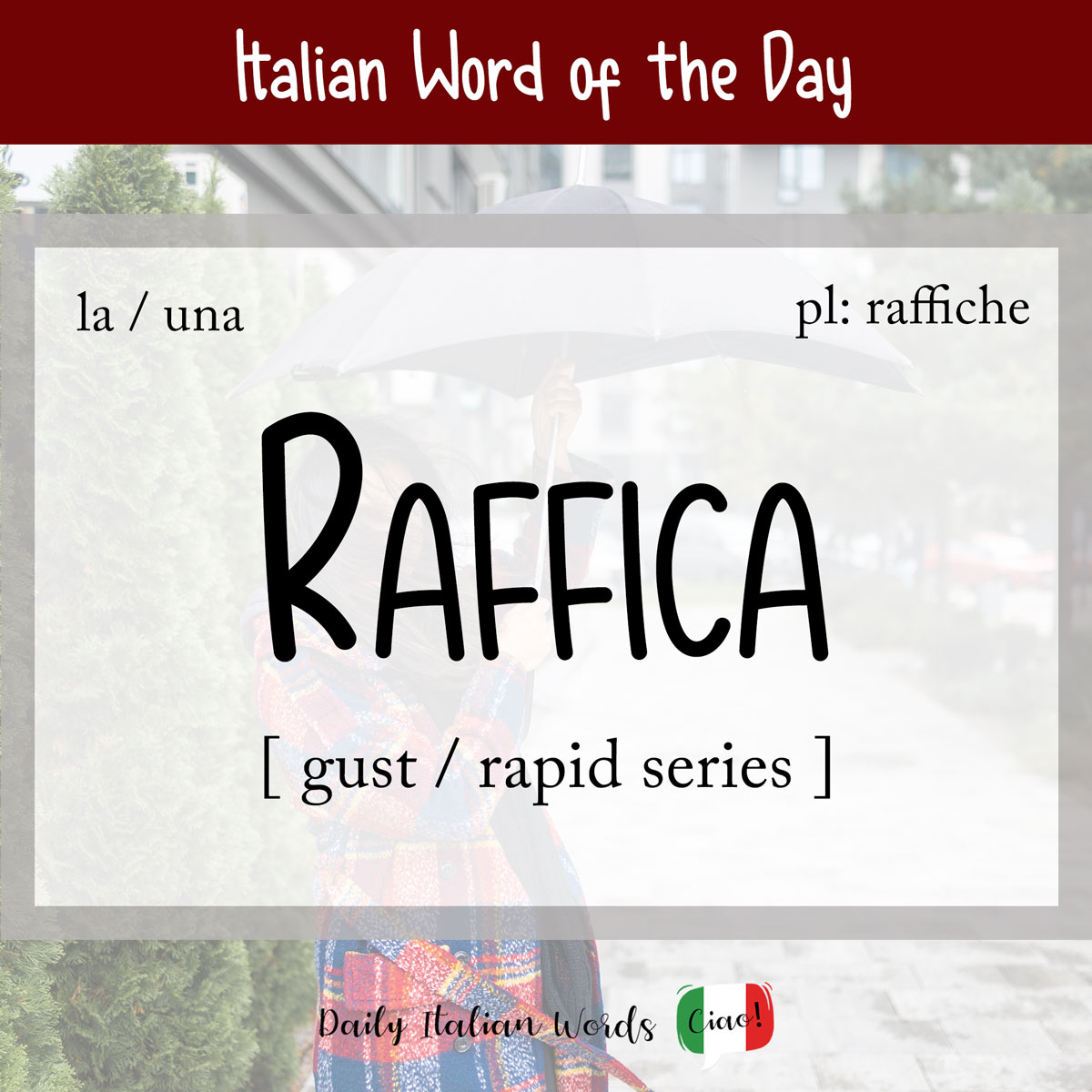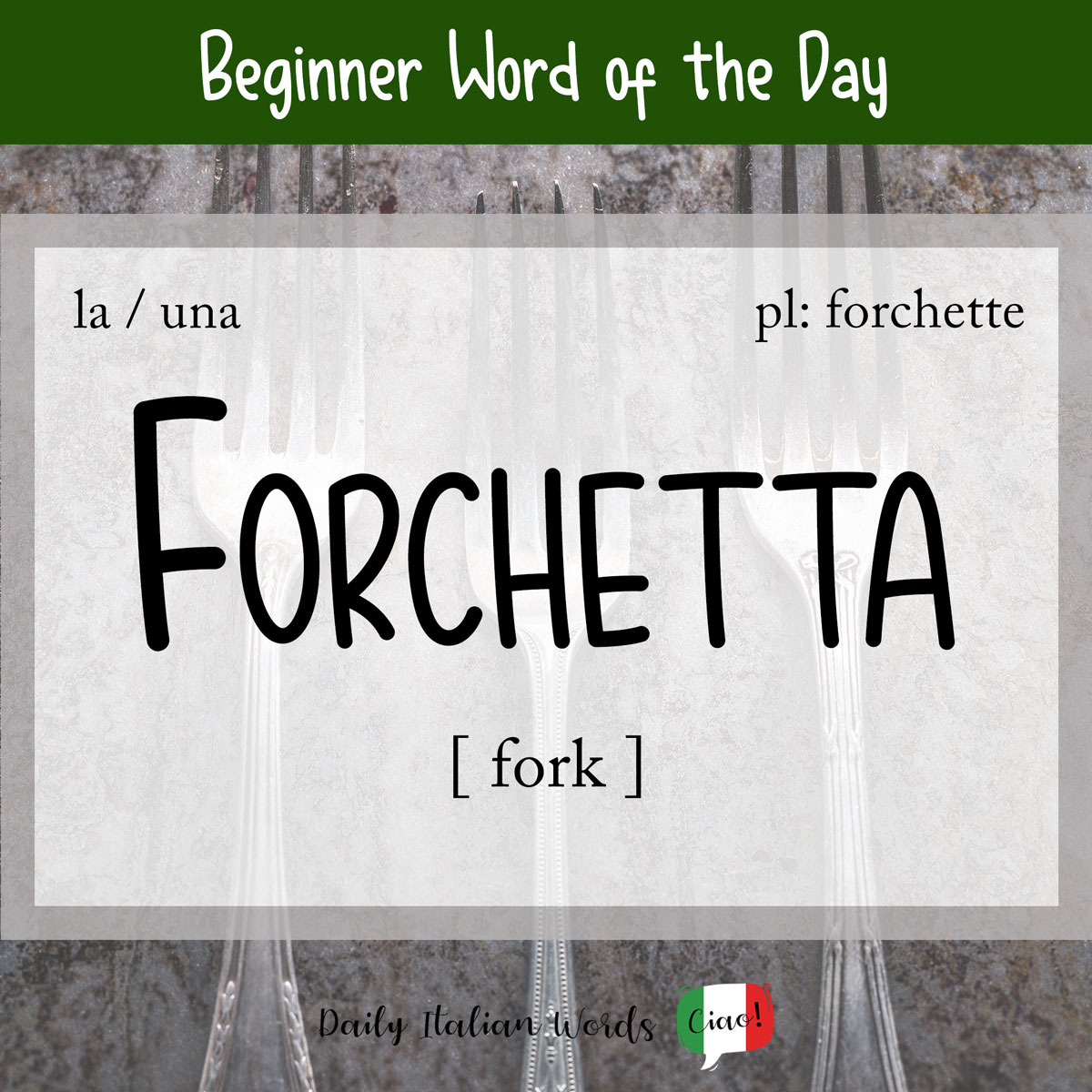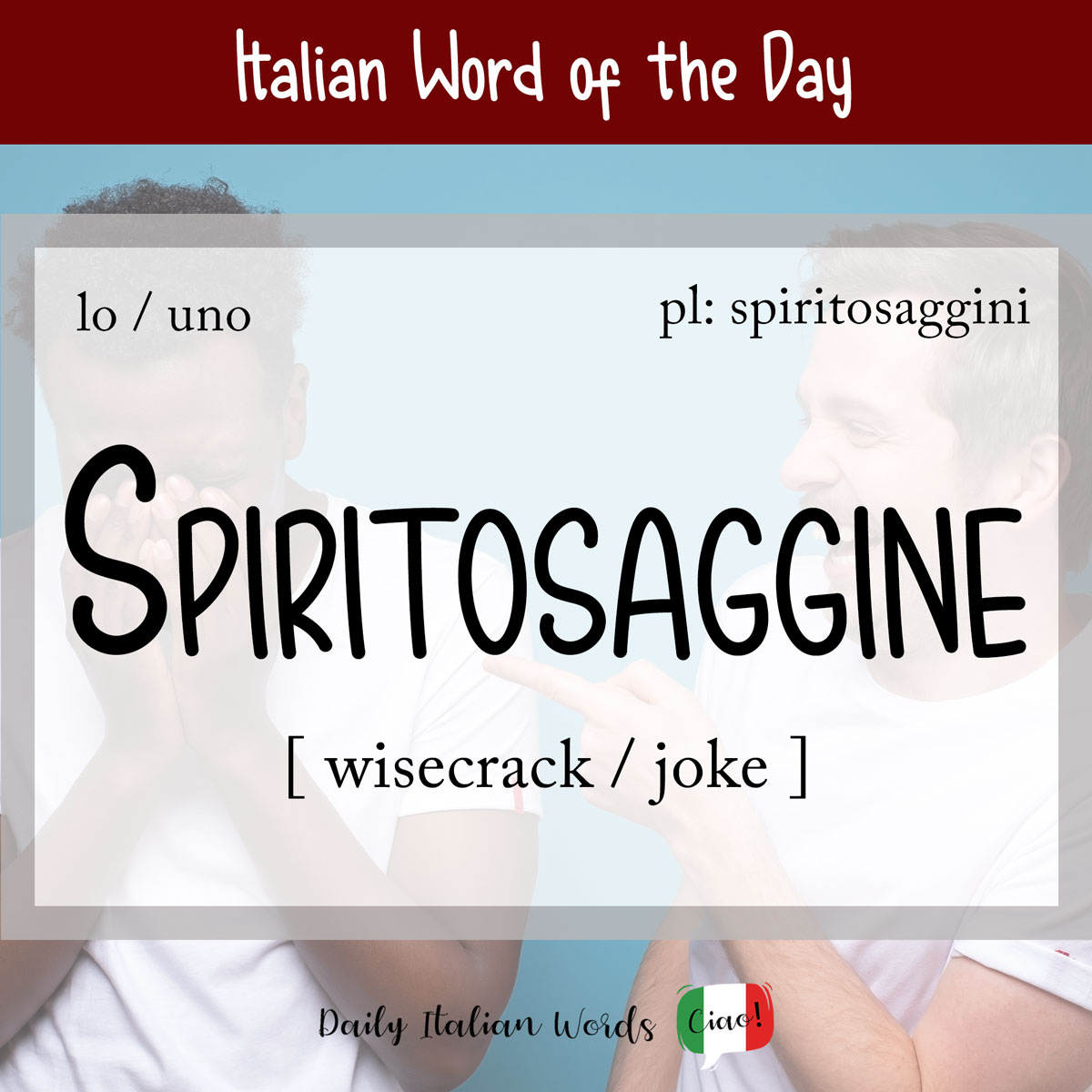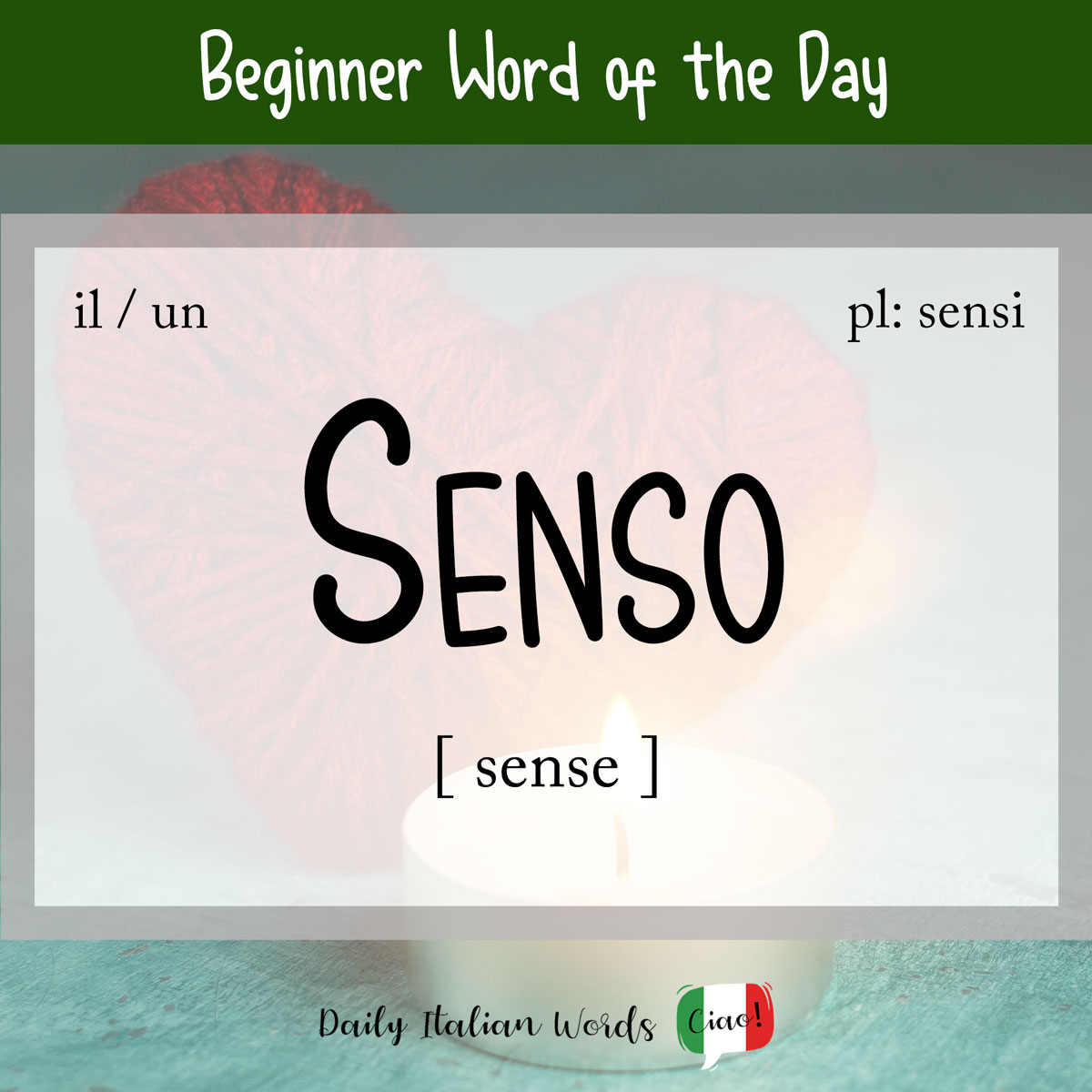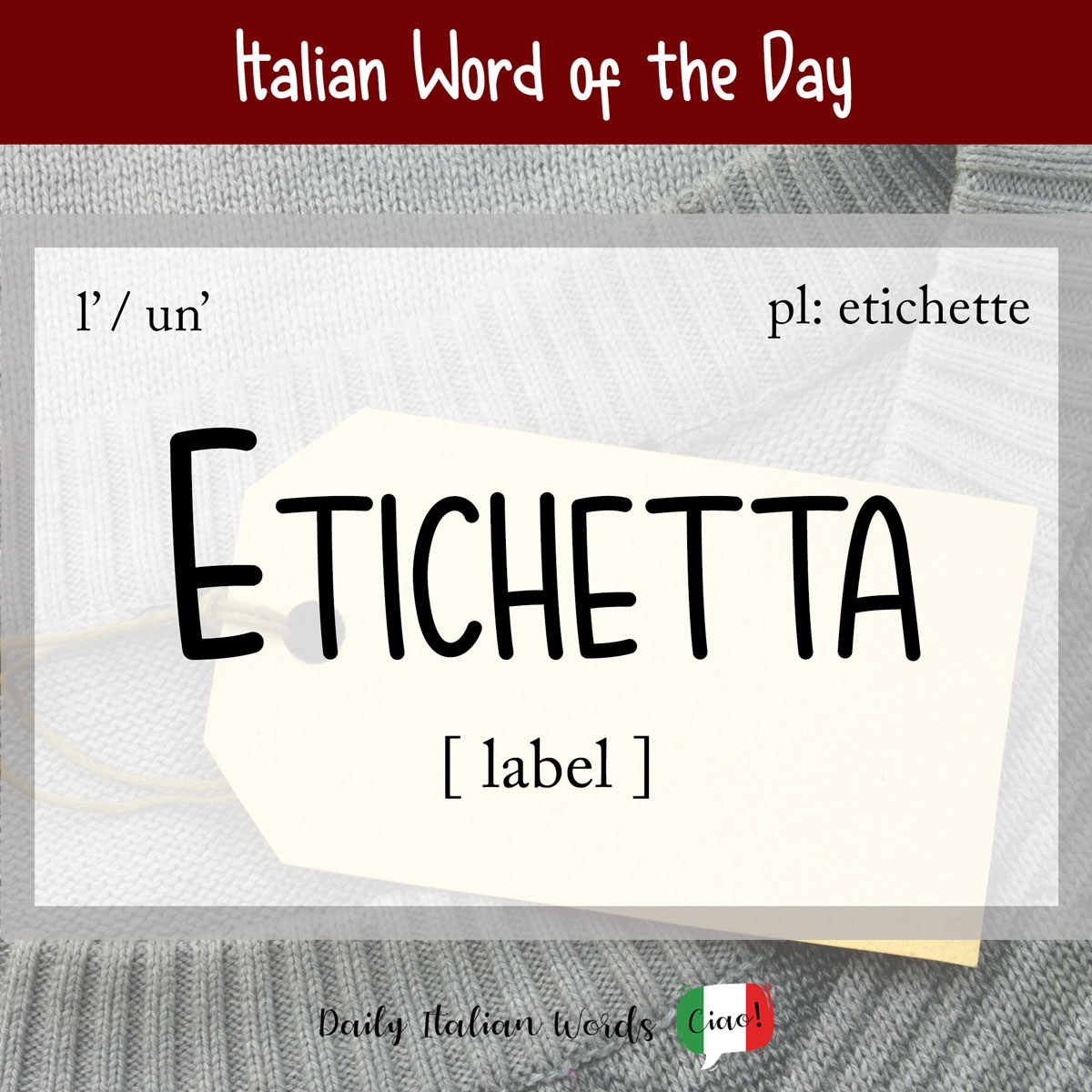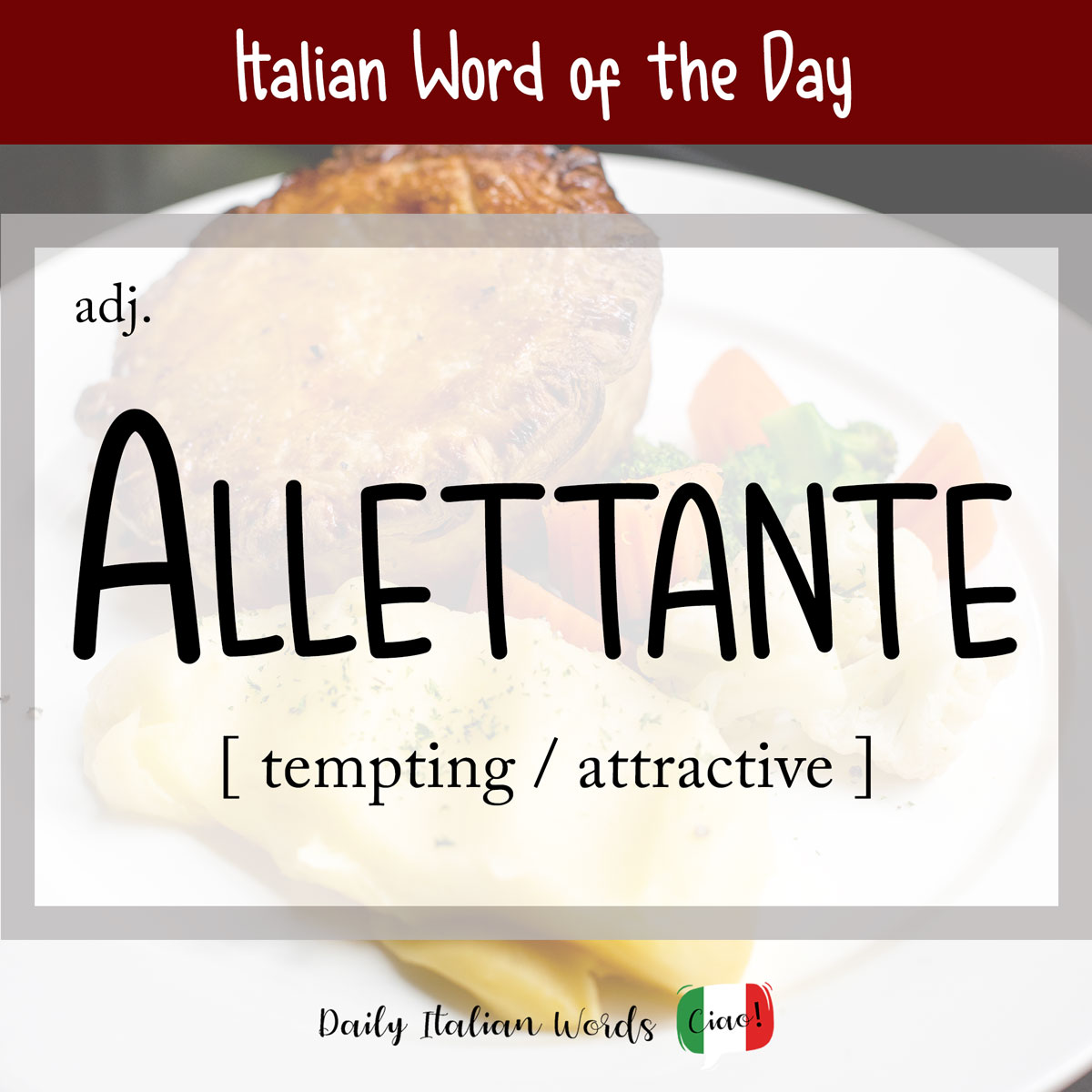Italian Word of the Day: Raffica (gust / rapid series)
The word raffica in Italian is difficult to translate into English using just one blanket term. Raffica is a feminine noun. The plural is raffiche. la raffica una raffica le raffiche delle raffiche What’s important to know is that raffica is used to describe things that are relentless, fast and continuous. In weather terminology, for …

